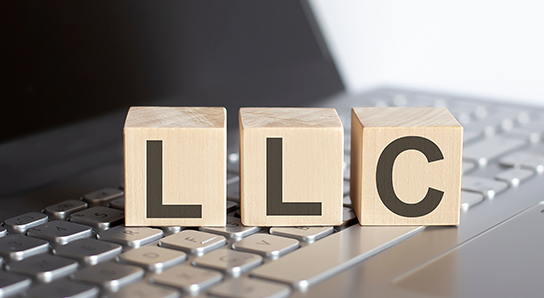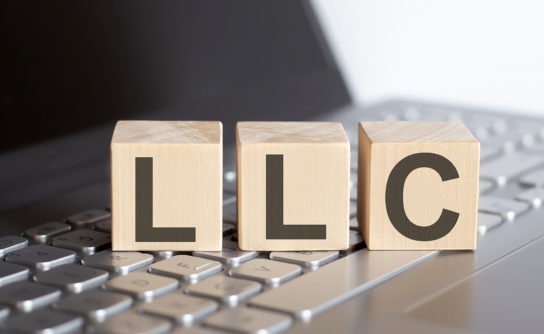When starting a business, it is important to consider the legal structure of your venture. There are numerous options to choose from, but two popular choices are operating as a DBA (Doing Business As) or sole proprietor. But what’s the difference? Let’s take a look at the pros and cons of both so that you can make an informed decision about which is best for your business.
What is a DBA?
A DBA is also known as an assumed name or fictitious name. It allows you to operate under a different name than the one registered with the state when you initially filed your paperwork. This is useful if you have multiple businesses, or if you want to create a more professional business image without having to go through the process of registering a new business entity with the state. Keep in mind though, the DBA process varies widely from state to state, and many counties also have their own rules in place for this process. For example: in Hawaii, the process can be as simple as filing a single form and paying a fee; but in Illinois, the charges will vary depending on the year you file. Many counties will also require you to publish your intent to file in a local newspaper and provide proof of publication.
Pros and Cons of Operating As A DBA
One major advantage of operating as a DBA is that it does not require any additional paperwork or fees in order to set up, making it quicker and easier than forming other types of legal entities such as LLCs or corporations. Additionally, there are fewer restrictions on how you can use your name when filing for a DBA than when registering with the state under another type of entity. However, one disadvantage of operating as a DBA is that because it does not provide any personal liability protection for its owners, they can be held personally liable for any debts or legal judgments against the business. This means that if something goes wrong with your business, creditors can come after your personal assets such as bank accounts and even your home!
Pros and Cons of Operating As A Sole Proprietor
Operating your business as a sole proprietor has several advantages over operating as a DBA. For starters, it provides some limited liability protection since creditors cannot come after your personal assets in case something goes wrong with the business. Additionally, it allows you to file taxes on behalf of your business more easily since all income earned by the sole proprietorship will be taxed on the owner’s individual tax return rather than having to file separate returns for each entity type involved in running the business. The downside is that setting up and running this type of entity requires more paperwork and fees than setting up and running a DBA does because it must be registered with both federal and state governments before operation begins. Furthermore, sole proprietorships do not offer anonymity; all information about their owners must be made public record when registering with both federal and state governments.
Deciding whether to operate your business as either a DBA or sole proprietorship requires careful consideration based on factors including cost effectiveness, ease of setup/maintenance, taxation requirements/liability protection offered by each option, etc.. While DBAs may provide an easy setup process while offering flexibility when choosing names for businesses/products/services being offered; Sole Proprietorships offer greater protection from liabilities while providing easier tax filing processes due to their single-entity status within federal & state governments records respectively. Ultimately though; It’s up to each small-business owner to decide which option works best for them depending on their individual needs & goals!
Ready to get started? Form your DBA now!
Law 4 Small Business. A little law now can save a lot later. A Slingshot company.





2 Comments
Thank you for your info. Is very helpful. So what’s the cost of setting up as sole as a proprietor ? Looks like the direction I my need to take. Does it take awhile to get set up ? Thanks for your help!
set up ? Thanks for your help!
Hello Orla,
Thanks for our comment. A sole proprietorship is a default scenario for individuals that go into business for themselves. It does not need to be registered. Legally speaking, there is no distinction between the sole proprietor and the individual for tax and liability purposes, so depending on your line of work and the potential risks associated with it, it is usually not advisable to operate this way. If any lawsuit arises out of performing your work, your personal assets will be at risk. To learn more, I would recommend setting up a thirty minute consultation to discuss specific risks and how to manage them. See the link below.
https://www.l4sb.com/services/attorney-consultation/